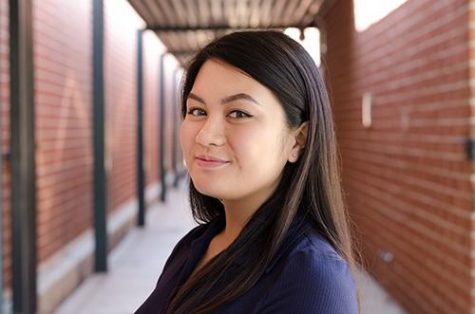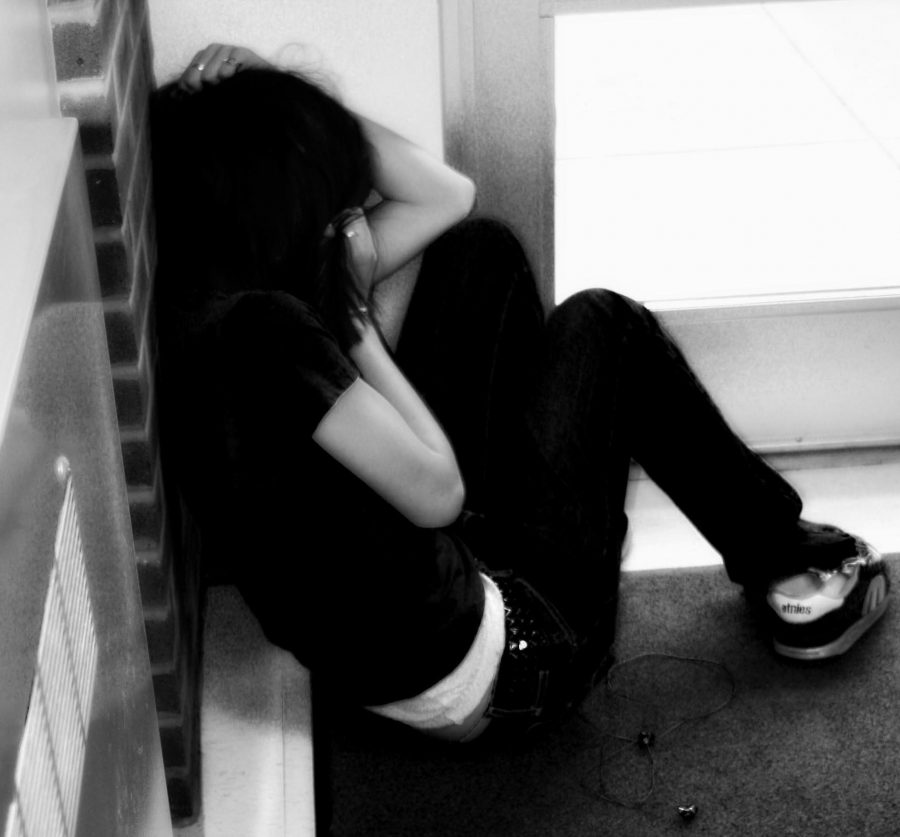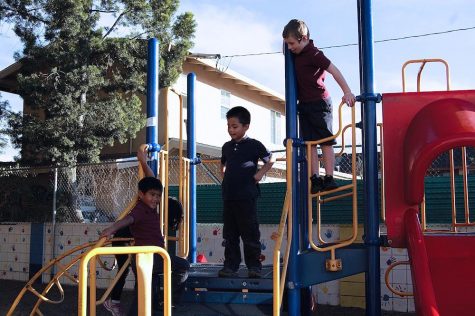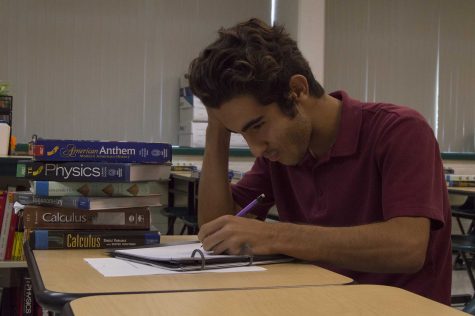The kids are not all right
Survey reveals despondency among GUSD teens
Photo via Wikipedia.org under Creative Commons License
Many high school students experience feelings of melancholia. According to the recent GUSD survey, there has been higher rates of depression in Glendale schools.
Every school year since 2003, the Glendale Unified School District has conducted the California Healthy Kids Survey among different grade levels. As stated by the official CHKS website, it is “the largest statewide survey of resiliency, protective factors, and risk behaviors in the nation.” It’s a mundane affair that no one really pays attention to.
Not until now.
The results of this past school year’s examinations were recently released, and an alarming number — 25% of freshmen and 28% of juniors — reportedly experienced feelings of chronic sadness and depression in the month prior to the survey. What’s even more alarming is that many — 15% of the high school students surveyed — have considered attempting suicide.
This all comes in light of recent events — the Feb. 2012 suicide of Crescenta Valley High student Drew Ferraro and the Sept. 2014 suicide attempt of an unidentified Glendale High sophomore. Teenage suicide is on the rise, and it’s hitting closer to home than ever.
According to a recent article in the Glendale News-Press, some schools have responded to the survey results by adding new staff members. Rosemont Middle School now has a full-time therapist, and another therapist is employed by the district to help all Glendale students.
But what about Clark?
Head counselor Karine Turdjian, when asked how Clark is responding to the survey results, said that she had no knowledge of these results. However, she does know that “CV and Rosemont have different needs,” and that the distribution of therapists is “needs-based.”
Counselor Susan Howe added, “I agree with Ms. Turdjian… but it is important for students to have a good support system.” When asked whether Clark would get its own full-time therapist, Howe responded that because Clark is a small school, ideally the administration would like the students to have at least one staff member that they could confide in, as “we want everyone to feel safe at school.”
Scott Anderle, assistant director of student support services, said in an email interview, “Currently Rosemont has a full time therapist because the research indicates that many students begin to show signs of mental health issues before they get to high school. We are trying to reach out to those students before their issues become too severe.”
One Clark student, who wished to remain anonymous, said, “I feel hopeless sometimes. I kinda feel like school is my biggest problem; there’s all this stress and pressure and it feels like you can’t do anything about it.”
“I didn’t know [the survey] was that much of a big deal. When I took [the survey], I didn’t really care about it. But now that I know what the results are, I feel bad for the people who are part of those statistics,” remarked sophomore Eunice Ramilo. “It’s a shame.”

Hobbies/Interests: writing, being annoying, making to-do lists, reading the to-do lists, complaining about the to-do lists, sleeping
Favorite Movie:...








